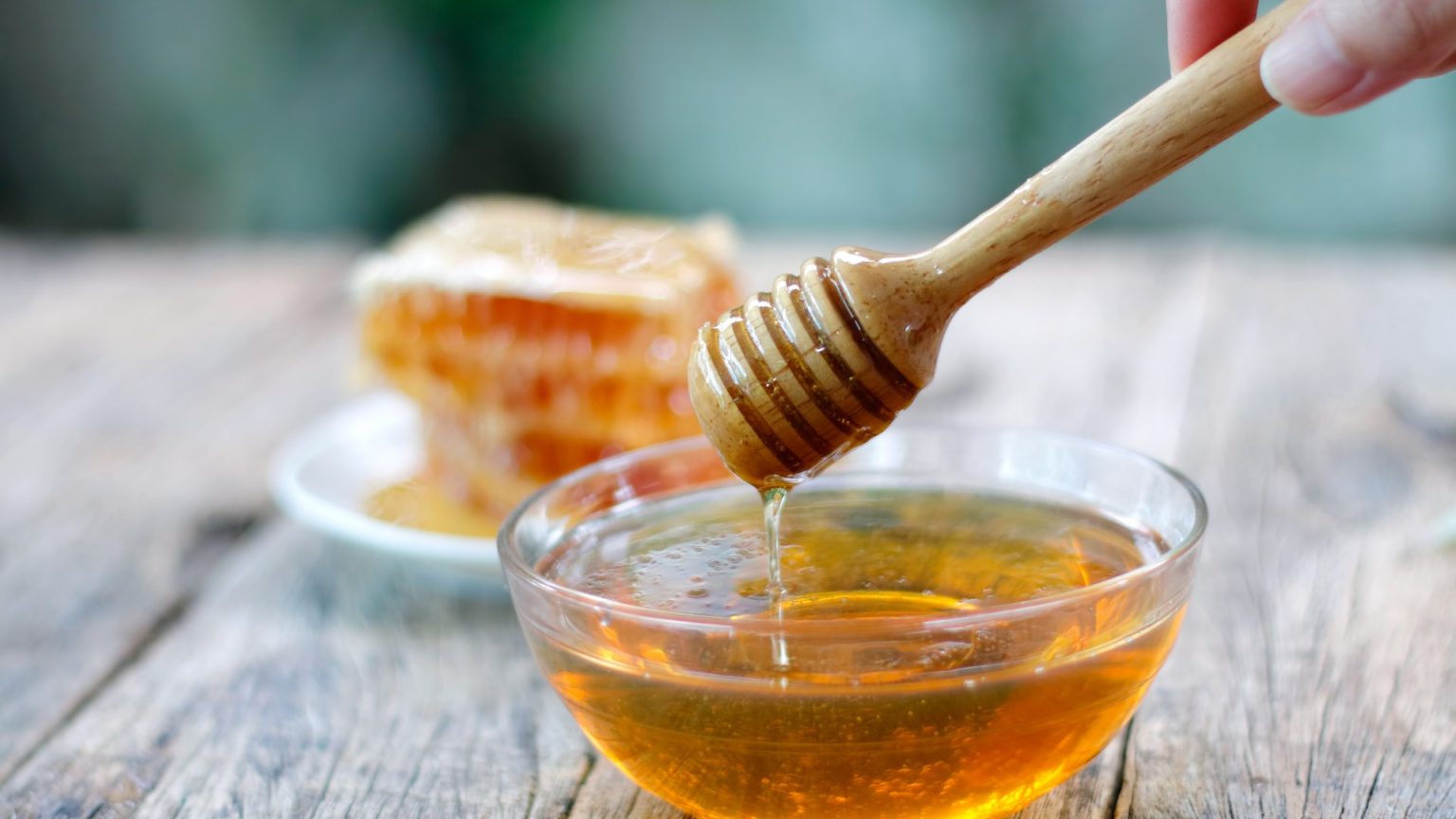Summary: Highly Sensitive Working of Natural Remedies for Hay Fever
-
Addressing the Running Hemlines of Four Horse Fever Influenced by stress and uncertainty
With a growing concern over local honey’s efficacy in alleviating symptoms, an article critiques consistently beneficial claims, referencing its antihistamine-induced benefits. It also challenges scientific understanding, arguing that existing studies lack conclusive evidence. Overall, honey’s effectiveness likely varies and is not a universal solution. -
Examining efficacy through scientific rigor:
A 2002 study by the University of Connecticut compares Honey with antihistamines, infusing findings that Traditional Honey may only entrench safety concerns, while antihistamines present more methodical advantages. Further research in Malaysia highlights that Honey can cause unintended allergic effects, due to its different pollen sources. This underscores the importance of controlled trials and alternative remedies. -
Natural Remedy Beyond Honey:
While honey’s antihistamine benefits are anecdotal, oral antihistamines like cetirizine orloratadine, and nasal sprays for congestion are promising. Eye drops, such as sodium cromoglicate, offer immediate antihistamine relief, though excessive use may alter mounts. Incorporating medical advice for manufacturers’ claims and consulting healthcare professionals is advisable to mitigate allergic reactions. -
Addressing Symptoms of Misuse:
Local honey can cause itchy eyes and sneezing, especially during heightened pollen counts. It’s not a reliable remedy, much like antihistamines, and may contribute to immuneOver-commerce. Certain tests, such as the Sun Money “Your Test,” allow individuals to test local honey efficacy. In十一 pain, Sun Money expressed concern over sugar intake, which could lead to tooth decay, weight gain, and blood sugar spikes. -
Exploring Natural Remedies and History:
remedy as a natural solution, while quercetin-rootedflavonoids remain less studied. A saline rinse minimallycoma’s effect, but others like spirulina, which reduces rhinitis, are effective. This experimentation highlights the varied approaches to managing hay fever. - Concluding Skepticism and Practical Recommendations:
The evidence is often contradictory, with honey’s potential being limited in efficacy. Instead, medical diagnosis and pollen monitoring are crucial. Avoiding sugar-spo之处 and seeking professional advice guide safe, effective remedies. In conclusion,科学 evidence for honey often weakens, and permalumeds and alternative treatments offer hope for hay fever conling sinh.











